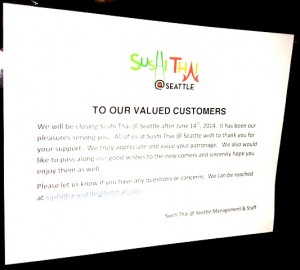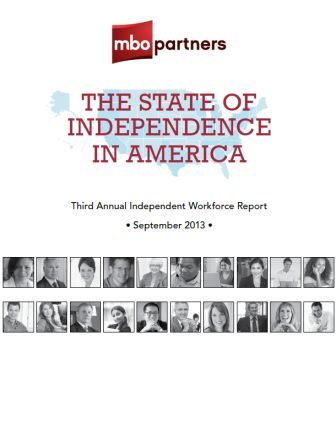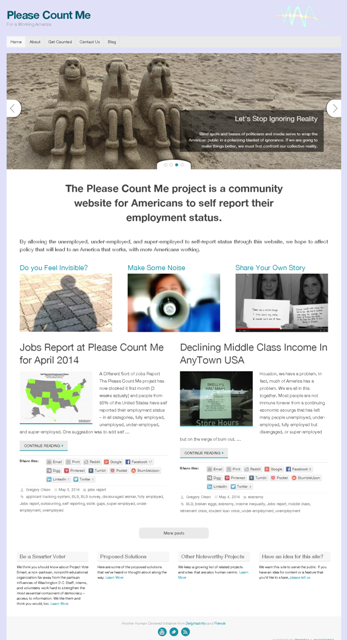This Pesky World of Work Has Changed
The world of work has changed and it’s not coming back as we once knew it. Whether you are the chief people officer at the top, leading a department, or forging the way forward as an individual contributor, you’ve by now realized the new normal is not like the last normal.
Forces Beyond Your Control
Some forces acting on your organization are out of your control: industry consolidation, globalization, public policies of all sorts, advances in technology, a flight to values, demand for increased transparency, distrust of government and banks and cable monopolies, shifting workforce demographics, etc.
But, this doesn’t mean you are powerless, ineffective, and should sit on the sidelines. Of course, you could choose to do nothing. But, that usually isn’t a very good option for getting a desirable outcome. Your proverbial ship will eventually hit the reef ahead if you don’t veer port or starboard. You must take action. The annals of company histories are chock full of such victims that witnessed innovation from the sidelines. The marketplace is an unforgiving lover; your’e hot when your’e hot, and forgotten when you’re not. Size or tenure do not insulate you from marketplace realities.
Some Sobering Facts:
- companies are running leaner than ever
- employees feel insecure and overworked
- work is increasingly specialized
- leaders are forced to do more with less
- employee engagement has declined and loyalty has evaporated in both directions
Pay No Attention to the Man Behind the Curtain
Don’t look to the media, politicians, and economist for answers. You won’t find relevant prescriptions there. What you will find is self serving rhetoric bordering on sensationalism and focused on getting somebody elected or re-elected. They each have an agenda that is unlike yours and certainly not like your customers, employees, vendors, partners, or communities you occupy. The correct prescription is to do what is right for the business and all of its stakeholders. So, what the hell is a business leader to do?
Here are 5 Actions Business Leaders Can Initiate Now
If you are a leader by committing to these 5 actions, you will help your company and the economy at the same time. If you are not the business leader you don’t have to sit on the sidelines while your organization unravels. Consider today the “elbow nudge the leader at work day.” For additional clarity on any of the following 5 actions see the slideshare.net presentation below or my book, The Experience Design BLUEPRINT: Recipes for Creating Happier Customers and Healther Organizations. Pay particular attention to Chapter 14: The World of Work Has Changed.
- Create an innovation neighborhood. Stock it, in part, with outside entrepreneurs. Add fractional talent that you cannot attract for a job, but would still like to work with your organization. Shake things up by adding “entrepreneur seasoning.”
- Recognize and abolish your internal innovation hurdle (IIH). It’s really ok that your next business opportunity may only be a $ 20 million business as opposed to a $ 1 billion business. Small is the new big – get used to it and get good at it or you’ll be a Berlin Wall remnant.
- Treat people with dignity and respect . Add people to give current employees more capacity. Stop fear mongering tactics, period. Reduce executive pay before shedding employees upon bad news. The raving fans you build start inside your own organization. You are at a disadvantage if you don’t start there.
- Adapt your non-discriminatory policy to include the unemployed and especially the long term unemployed and veterans. Reprimand or fire those that break the policy. Go for diversity in everything. If everybody inside your organization looks and acts the same – your organization’s unwinding has already begun.
- Be more collaborative by sponsoring, using the talent within, and becoming a resident of co-working spaces.
Need help with any of these or want to discuss? Please get in touch.


 The World of Work Has Changed
The World of Work Has Changed



